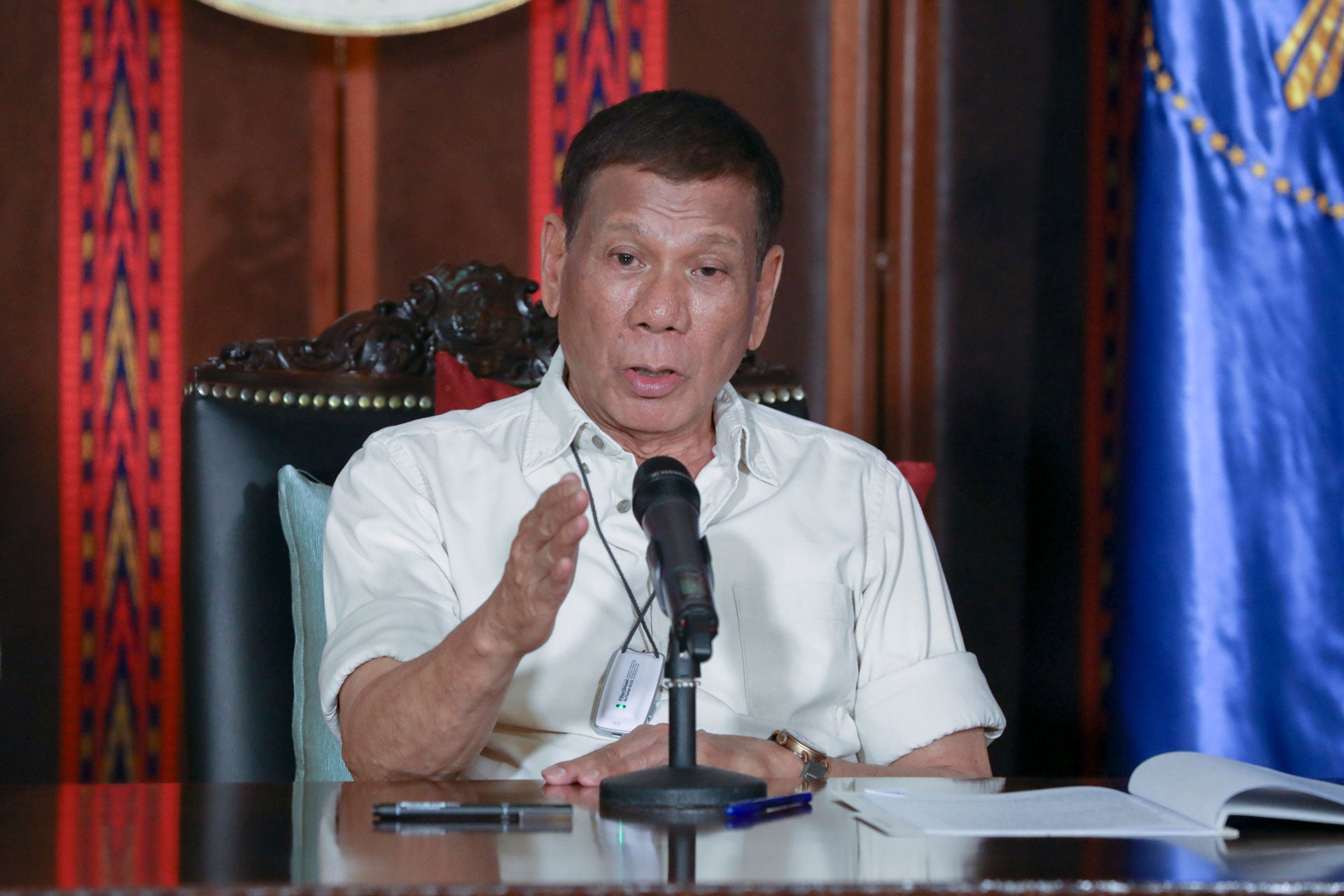Death Penalty Danger in the Philippines
The plummeting human rights situation in the Philippines got even worse this week as the government began considering bills to reinstate the death penalty.

The move by the House Committee on Justice came a week after President Rodrigo Duterte used his State of the Nation Address to call for capital punishment by lethal injection for drug offenders. For years, the Philippines put people to death, particularly in cases of so-called heinous crimes. But President Gloria Macapagal-Arroyo, under pressure from the Catholic Church, abolished the death penalty in 2006. Human Rights Watch opposes the death penalty in all circumstances because it is inherently cruel and irreversible. In 2007, the Philippines ratified the Second Optional Protocol to the International Covenant on Civil and Political Rights, which requires countries to abolish the death penalty. Countries that are parties to the covenant and the protocol cannot reinstate the death penalty without violating their obligations under international human rights law. Doing so would also likely result in more than just statements of concern from foreign trade partners such as the European Union.
The Duterte government’s overwhelming majority in Congress and continuing efforts to promote its campaign against illegal drugs means the justice committee is likely to support death penalty bills. Duterte’s “war on drugs” has resulted in the deaths of more than 6,000 persons at the hands of the Philippine National Police and thousands more by unidentified gunmen. Accountability for these police killings, including those that victimized children, is practically nonexistent. Adopting the death penalty will mean spilling more blood in the name of Duterte’s “drug war.” It will lead the Philippines to descend further into a rights-violating abyss. And the government will lose credibility and leverage to negotiate on behalf of Filipinos who face execution abroad. Along with the Philippines’ withdrawal from the International Criminal Court in March 2019 and its human rights disinformation campaign at the United Nations Human Rights Council, reimposing the death penalty would only serve to further cement the country’s growing reputation as an international human rights pariah.
Read the full article at the original website
References:
- https://newsinfo.inquirer.net/1316941/after-duterte-push-house-tackles-death-penalty-bills-amid-pandemic
- https://rappler.com/nation/house-revive-death-penalty-hearings-august-2020
- https://rappler.com/nation/duterte-calls-return-death-penalty-lethal-injection-sona-2020-speech
- https://rappler.com/newsbreak/iq/things-to-know-heinous-crimes-philippines
- https://lawphil.net/statutes/repacts/ra2006/ra_9346_2006.html
- https://globalnation.inquirer.net/154977/ph-barred-reintroducing-death-penalty-un-reminds-senate
- https://www.ohchr.org/Documents/HRBodies/CCPR/NV_from_HRC_ThePhilippines_28March2017.pdf
- https://tariffcommission.gov.ph/eu-grants-gsp-status-to-the-ph
- https://www.hrw.org/news/2017/03/20/eu-takes-aim-murderous-war-drugs-philippines
- https://www.hrw.org/tag/philippines-war-drugs
- https://www.hrw.org/news/2020/05/27/philippines-lasting-harm-children-drug-war
- https://www.philstar.com/headlines/2020/08/02/2032348/death-penalty-revival-may-affect-pinoys-jailed-abroad
- https://www.nytimes.com/2019/03/17/world/asia/philippines-international-criminal-court.html
- https://www.hrw.org/news/2019/07/06/philippines-disinformation-campaign-geneva
- https://asiatimes.com/2018/03/philippines-teeters-towards-pariah-status/
